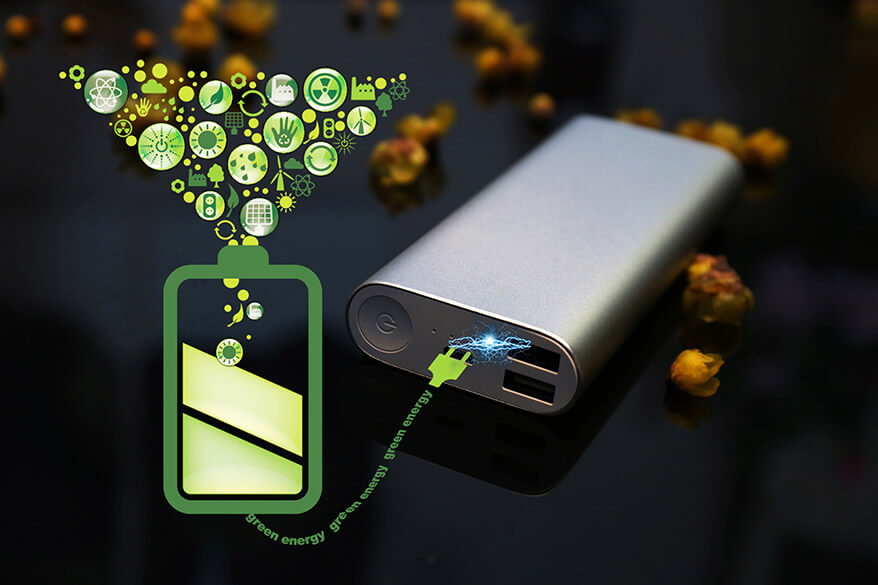Electric Skateboard Lithium Battery-Buying and Performances
APR 07, 2020 Pageview:2046
Lithium-ion batteries are the standard cells for electric skateboard. The board and battery can last up to 3 years if you use it every day. That means that the battery can give you 300-1000 charge cycles before touching 80% of its capacity.
There are three types of batteries that can be used in electric skateboards. They include lithium-ion, lithium polymer, and LiFePO batteries.
Li-ion batteries are safe, much longer life cycles, and are cylindrical. On the other hand, these batteries experience voltage sag, which is something to avoid in e-skateboards.
LiPo batteries are more powerful but not easy to handle, for they can become more dangerous. Further, they are less expensive and have less voltage dip or sag cases. These cells need to be drained up to a certain level before storing them. They are also sensitive to temperature and physical damages.
LiFePo4 batteries are new in the market; thus, they are not used by most of the electric skateboard companies. Although these batteries are expensive and rare, they have a long life cycle and less voltage sag.
How often do You Buy a New Electric Skateboard Lithium Battery?
The electric skateboard battery can last 1-3 years if you maintain them properly. The primary determinant of the life of the battery is the number of cycles it can have before its power drops. More so, the rechargeable lithium-ion batteries have a shorter lifespan and lose their capacity with time.
Therefore, you have to replace the electric skateboard lithium battery every 3 years, depending on how you use your electric skateboard. On the other hand, there are several ways of lengthening your lithium-ion battery.
Temperature: Always keep your battery at room temperature, which is 20-25°C for heat can damage the lifespan of your battery. Thus avoid charging the battery fully or exposing it to high temperatures. That is to mean you should not expose your batteries to 60°C and above temperature
Use the Board Frequently: Try using your board regularly because the lifetime of its battery deteriorates with time. Therefore, you should recharge your board every six months, whether you are using it or not.
Storage: Discharge your battery up to 50% before storing it during winter months. Store the batteries at 5-20°C; thus, you can store the battery in the refrigerator and not a freezer. However, remember to charge your skateboard every 6 months to retain the 40-50% status.
Depth of Discharge (DoD): You can improve the lifetime of your battery by charging it before it drops to 0%. A slower discharge will increase the lifespan of the cell. That means that you should avoid discharging your electric skateboard entirely, and you should charge it between uses.
Charge and Discharge Habits: Lithium-ion batteries have built-in special electric management chip responsible for charging and discharging of these batteries. That is why you connect your battery and leave it alone without monitoring it regularly. Further, the chip also ensures that the battery doesn't discharge too far.
What Performances Do You Think An Electric Skateboard Lithium Battery Should Have?
It's essential to choose the right cells for your electric skateboard, for this will help you enjoy a healthy battery pack for an extended period. For instance, a cell with 36A working current and capacity of 10AH will give you 3.5C.
Thus, the lithium-ion battery is preferable in electric skateboard for its lighter, takes less time to fully charge, stores more electric charge, and lasts longer than other battery models.
For better performance of your battery, the electric skateboard should be correctly wired. Have high-quality wiring to ensure that enough power reaches the motor; thus, both the lithium battery and electric skateboard will give you superior performance.
Can You Make An Electric Skateboard lithium battery By Yourself?
Electric skateboards are costly; however, you can make cheaper ones with minimal requirements.
The electric skateboard has the ESC, the motor and the battery. The brushless dc motor is suitable due to its power. KV-ratio is an important specification for the board motor. The suitable KV-ratio is 100-300kv; thus, a battery with a high voltage requires a lower KV
You can go for VESC or rc car ESC if the budget limits you. Electric skateboarding has an ESC of 120A. You can use either Li-ion or LiPo batteries because they have the same electronic characteristic. The two cells have 4,2v maximal voltage and 3.7v of nominal voltage. LiPo batteries are fragile but a bit cheaper while li-ion is less fragile but more expensive.
Drill a bigger hole on the pulley to help you mount the motorshaft and wheel using screws and bolts. You can attach a mount to the truck by clamping, screwing, or welding it on the truck. Eliminate the vibrations in a skateboard using a Loctite, which is available in different strengths like medium, soft, and strong.
You need medium strength for your electric skateboard to prevent loosening of the bolts but still allows unscrewing of the setup entirely.
Connecting the electronics is done using soldering the parts together. You can use cables of 12 AWG thickness or 10 AWG cables to link the ESC and the battery. Then use XT90 antispark connectors as the on and off button. You can also use an ESC or antispark PCB with an in-built button. First, unscrew the plastic casing to uncover the button before soldering the wires to it. Solder two wires to the button's two solderpoints and cover the screws again.
Use BMS when charging the batteries, for it can charge using a simple laptop adapter. You can protect the cells using a cage made out of foam and fit it on the enclosure. It's vital to secure the batteries from any structural damages, for they can explode and cause fire, thus the need to have a cage covering your cells.
Protect the electronics using an enclosure. The enclosure can be made from plastic, metal, or wood and use screws or glue to join it to the other parts. Thus this method will give a simple electric skateboard with a lithium-ion battery.
Leave Message
Hottest Categories
-
Hottest Industry News
-
Latest Industry News














